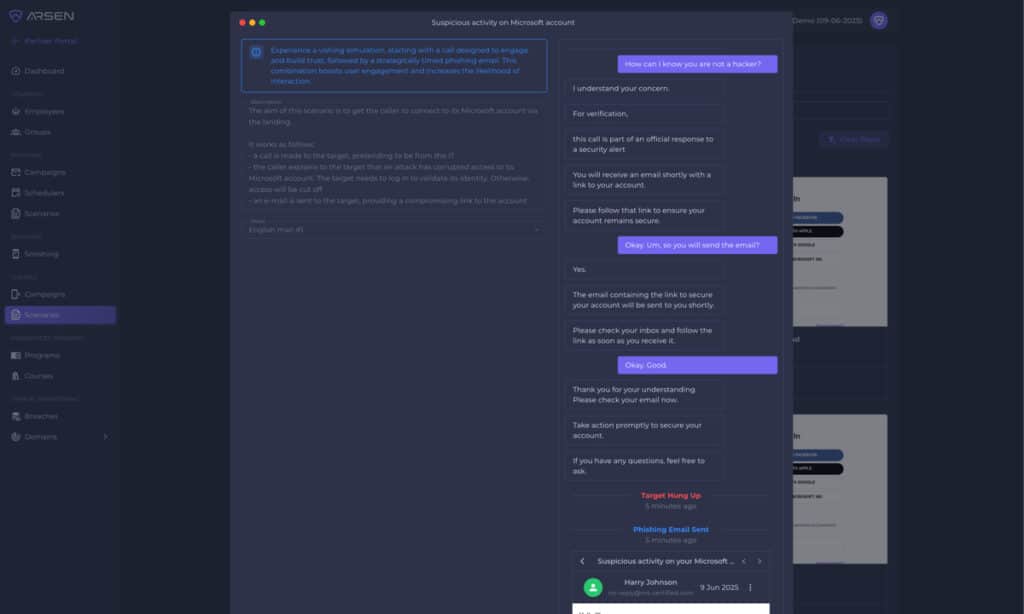Cybercriminals are becoming more specialized as they try to extract the maximum value out of email account compromises, a new report by researchers at UC Berkeley and the security firm Barracuda Networks has found.
Barracuda
Research: Sextortion Scams more frequent, sophisticated
So-called “sextortion” attacks are a growing threat, replacing other e-mail borne threats like spam, ransomware and business e-mail compromise attacks as they increase in sophistication and scope, a new report finds.
Better Web Application Security in 14 Steps
In-brief:In-brief: In this, the last in a three-part series on REST API, Neeraj Khandelwal of Barracuda Networks examines how web application security design can help secure REST APIs and provides tips for securing web applications. You can read Neeraj’s previous posts (here and here).
Late To The Party, Microsoft Offers Mega Bounties For Software Bugs
Microsoft on Wednesday announced its first ever formal program to pay security researchers for finding software vulnerabilities in its newest products. The bug bounty program will launch on June 26 and be formally unveiled at the upcoming Black Hat Briefings hacker conference in Las Vegas at the end of July. And, though late to the party, Microsoft is making up for lost time by going large. The Redmond, Washington software maker will pay researchers up to $100,000 for “truly novel” exploitation techniques that defeat protections built into the very latest version of Windows, 8.1 Preview. It will additionally pay $50,000 for ideas for defensive strategies that accompany a bypass, raising the total potential purse for an exploit and accompanying remediation to $150,000. Additionally, Microsoft announced a short-term bounty program for its Internet Explorer 11 Preview, with the company paying up to $11,000 USD for critical vulnerabilities that affect Internet Explorer […]
Spammers Using Yahoo, Google To Whitewash Links
If the gigantic distributed denial of service (DDoS) attacks against the spam blacklisting operation Spamhaus wasn’t proof enough: spammers have trouble steering around blacklists and other reputation-based filters. Even if the language in their message is generic enough to avoid detection, dropping a link to a known, malicious- or compromised domain is plenty to get an entire message dropped. Spammers without a legion of 100,000 bots at their fingertips have to get creative about getting their message into the target’s inbox. Lately, a method that’s drawing attention is to leverage low-security redirection services to whitewash a link to a ‘known-malicious’ or merely suspicious sites. Barracuda Networks said that it has captured spam attacks that are combining a Yahoo based URL shortening service with Google’s free Translate service to whitewash links in spam e-mail messages and evade automated detection. The message, which was sent to a Barracuda “honeypot” system includes a […]






